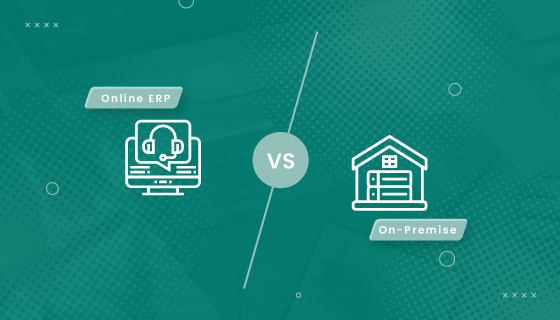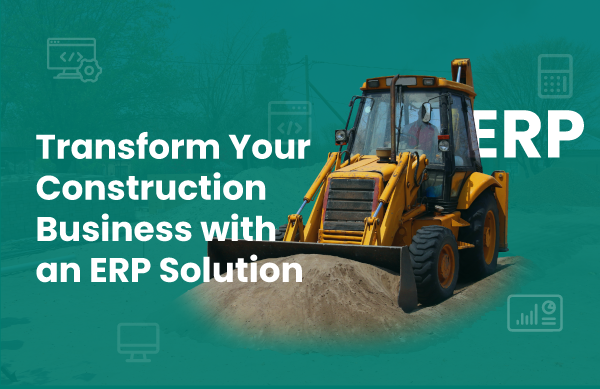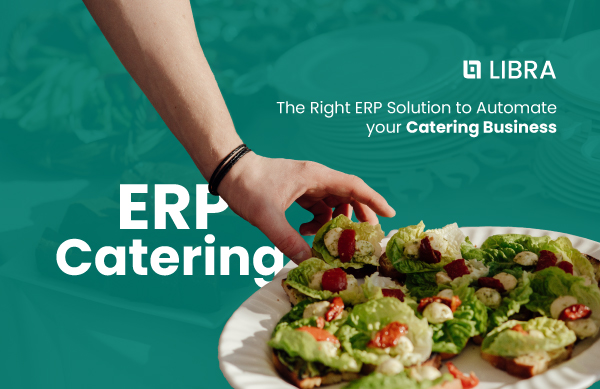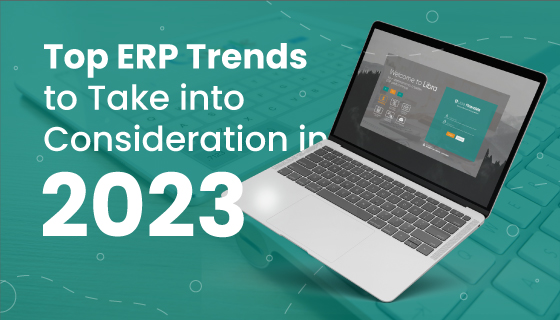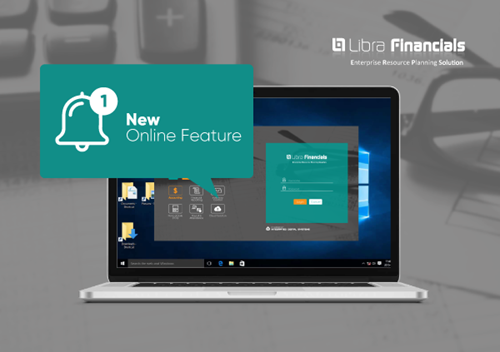Enterprise Resource Planning (ERP) systems are used by businesses to streamline operations, manage resources, and improve overall efficiency. When considering implementing an ERP System, one of the key decisions you should make is whether to opt for on–premise or online solution. Both options have their advantages and disadvantages, and the choice depends on several factors such as business size, needs, and budget. As a provider of both on-premise and online ERP solutions, IDS, through LIBRA, can help businesses make informed decisions based on their unique requirements.
On-Premise ERP: Advantages and Disadvantages
On-premise ERP systems offer businesses the advantage of having full control over their data. Data is stored locally on the company’s servers, providing enhanced security and compliance measures. These systems are highly customizable, allowing for tailored solutions that meet specific business processes. On–premise ERP systems can also be integrated with other existing business applications, simplifying processes and optimizing operations. Additionally, on-premise ERP systems can function without internet connectivity, which can be beneficial in areas with unreliable or limited internet access.
However, there are some drawbacks to on-premise ERP systems. They typically require significant upfront costs for hardware, software, and infrastructure, which may be a challenge for small or medium–sized businesses with limited budgets. Ongoing IT maintenance is also required, adding to the overall cost and responsibilities of the business. Additionally, with on-premise ERP, businesses may need to invest in additional resources as their needs grow.

Online ERP: Advantages and Disadvantages
Online (web–based) ERP systems offer businesses lower upfront costs compared to on–premise solutions. These systems are hosted in the cloud and do not require significant investment in hardware or infrastructure. Online ERP systems are accessible from anywhere, anytime, as long as there is an internet connection, making them suitable for remote or distributed teams. Automatic updates by the vendor ensure that businesses are always using the latest version of the software without additional effort or cost. Online ERP systems are also often scalable, allowing businesses to adjust their subscription or usage levels as their needs change.
However, customization options may also be limited compared to on-premise ERP systems. As online solutions are typically more standardized. Additionally, reliance on internet connectivity can be a limitation in areas with limited or unreliable internet access.
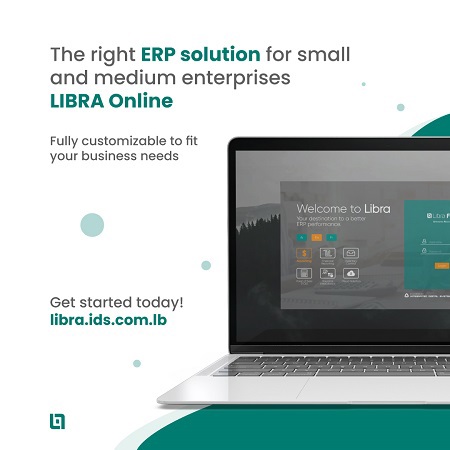
Which ERP Solution to Choose?
When it comes to choosing between on-premise and online ERP systems, it’s important for businesses to carefully consider their specific requirements. On-premise ERP systems are often preferred by larger businesses or those that prioritize strict data control, extensive customization, and integration with existing systems. These businesses may have unique processes or requirements that require highly customized solutions, and on–premise, ERP systems offer the flexibility and control needed to meet those demands. The data is stored locally on the company’s servers, giving the business complete control over its data security and compliance measures. Additionally, on-premise ERP systems may be suitable for businesses that have existing IT infrastructure and resources in place, making integration and customization easier.
On the other hand, online ERP systems may be more suitable for small or medium–sized businesses with limited budgets. These systems typically have lower upfront costs compared to on–premise solutions as they do not require investment in hardware or infrastructure. This can be beneficial for businesses that have budget constraints or are just starting.
As a provider of both LIBRA on–premise and LIBRA Online ERP solutions, IDS understands that each business has unique needs and can assess those needs to provide tailored advice on the most suitable option. LIBRA team can work closely with businesses to understand their requirements, budget, and goals, and recommend the ERP solutions that align best with their specific needs. Whether it’s on-premise or online, the team provides expert guidance to help businesses make informed decisions that will optimize their operations and drive growth.
In conclusion, On-premise ERP systems may be suitable for businesses of all sizes with extensive customization and integration needs, while online ERP systems may be more suitable for small to medium-sized businesses with limited budgets or remote teams. Businesses should carefully evaluate their specific requirements and consider factors such as data control, customization needs, integration requirements, budget, and accessibility preference. Our team is always available to provide guidance and help businesses select the ERP systems that best meet their unique needs and requirements.
If you are looking for the right ERP system to overcome operational challenges and drive business success, consider implementing LIBRA. Our customized ERP solution caters to the unique needs of businesses, enabling them to achieve operational excellence and enhance profitability.
Contact us today to schedule a free consultation and learn how our LIBRA ERP can transform your business!
Discover more about LIBRA by watching this video



